Protecting the Million Dollar Mantas
March 2019
Annie Murray, a Research Officer for the Manta Trust has been studying manta ray social behaviour as part of her PhD. Here she gives us some fascinating insight into her research of the impact of human interactions on manta behaviour.
The Maldives Archipelago has the world’s largest recorded population of reef manta rays, making it a hotspot for tourists to snorkel and scuba dive with these marine favourites, and the tourist industry is worth $8.1 million (worldwide manta ecotourism generates $140 million annually).
Manta ecotourism is a growing industry, with increasing numbers of tourists wanting to have an encounter with enigmatic manta rays.
As pressure on manta hotspots around the world grows, how can we ensure it remains sustainable, and avoids disturbing or altering the mantas’ natural behaviour?
This was the subject of a study carried out in the Maldives by Annie Murray from the Manta Trust and Eleanor Garrud, from York University.
What did the researchers look at?
During the busy manta months of July and August they spent two months collecting a large amount of data from key manta snorkel locations, observing and monitoring the human interactions as people snorkelled with manta rays.
The researchers used a specially designed research protocol to test the science behind these interactions. They established specific human behaviours, approaches and distance parameters to identify when mantas were disturbed or stopped feeding, during human-manta interactions at snorkel locations in Baa Atoll, Maldives.
How could snorkelling be harming mantas?
Manta rays are known for their docile and curious nature and in certain parts of the world aggregate in large numbers, sometimes exceeding 200 individuals in order to feed on ephemeral zooplankton blooms.
These thick concentrations of food can be rich and dense but also fleeting, therefore any disturbance to their feeding behaviour can drastically impact manta health. Many of the key manta snorkel locations in the Maldives are at these feeding sights, hence manta rays are being exposed to increasing human presence in the water during this vital activity.
So, what did the study find?
Of the total human-manta observations we made, passive interactions were the most common human behaviour recorded, making up 39% of all interactions while the most intrusive, chasing, luckily made up the least at just 5%. Our study highlighted the importance of allowing mantas to control the interaction and giving them space, which ultimately resulted in significantly less avoidance behaviour, thus making for a better experience. We found that when snorkellers approached within three metres, manta rays exhibited avoidance behaviour 31% of the time but this fell to just 3% for approaches between four to five metres. Accidental obstructions, diving too near/in front and chasing encounters were all significantly more likely to result in manta rays stopping their feeding than passive interactions, thus it is vital that snorkellers remain calm and still to avoid disrupting their natural behaviour.
What’s the best way to snorkel with manta rays?
The study produced these recommendations with for anyone in the water with manta rays;
Maintain a distance of three metres or more when approaching,
Remain passive throughout interactions avoiding splashing, touching or chasing animals,
If approaching animals, always approach from the side, within the manta ray’s field of vision,
Avoid diving directly in front of the animals
Only experienced snorkellers should attempt to free-dive near manta rays.
What next?
The study is now looking at scuba divers interactions with manta rays at cleaning stations throughout the Maldives. One this research is completed they hope to set parameters for nationwide government legislation in countries where manta ray tourism activities exist.
The ultimate aim is for manta ray tourism to become a safe and sustainable alternative to fishing, without altering the manta rays natural behaviour, and one which will produce lasting financial gains for the local economy and tourism trade.
ANNIE MURRAY
MMRP - Manta Social Behaviour Researcher



